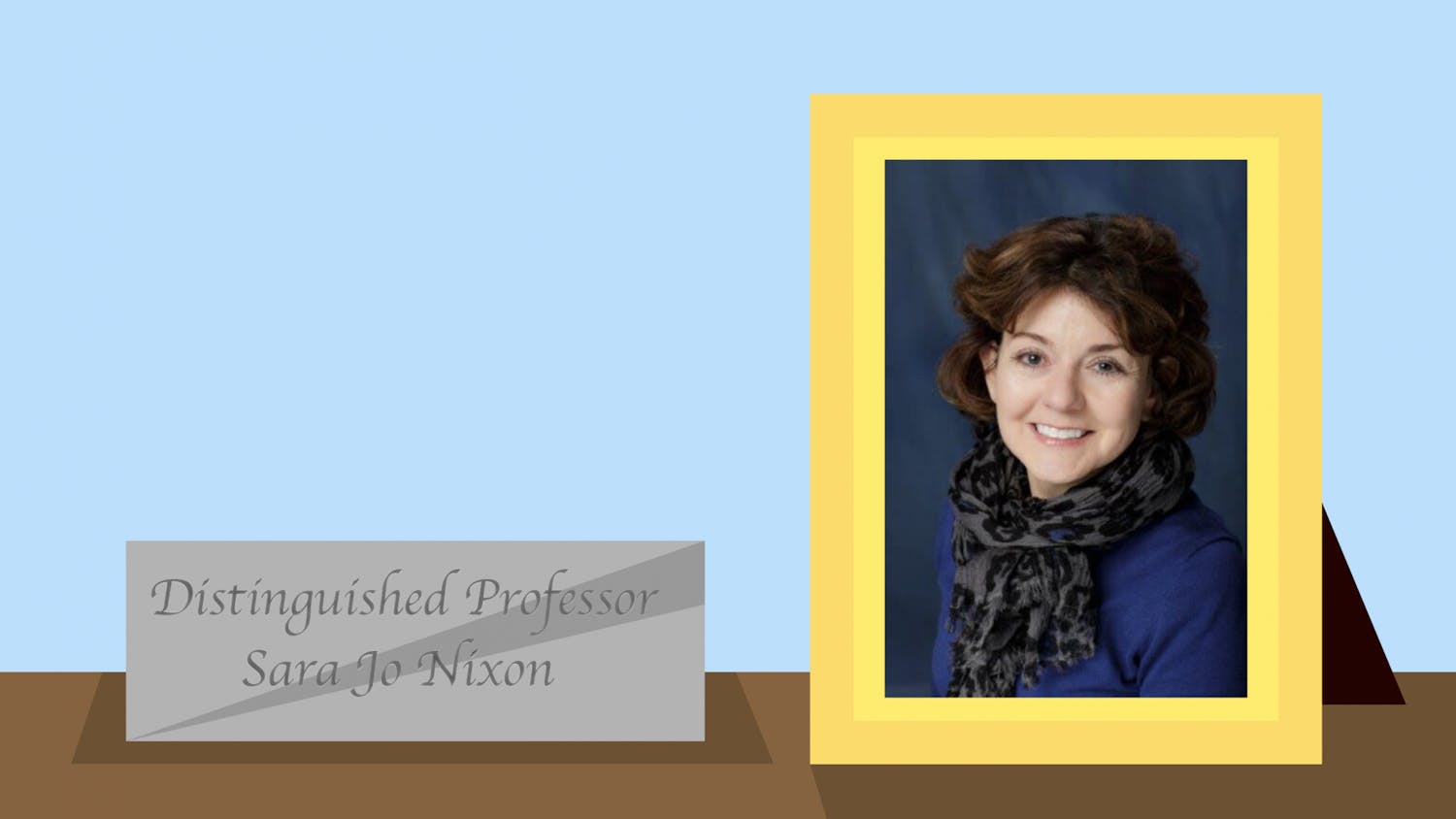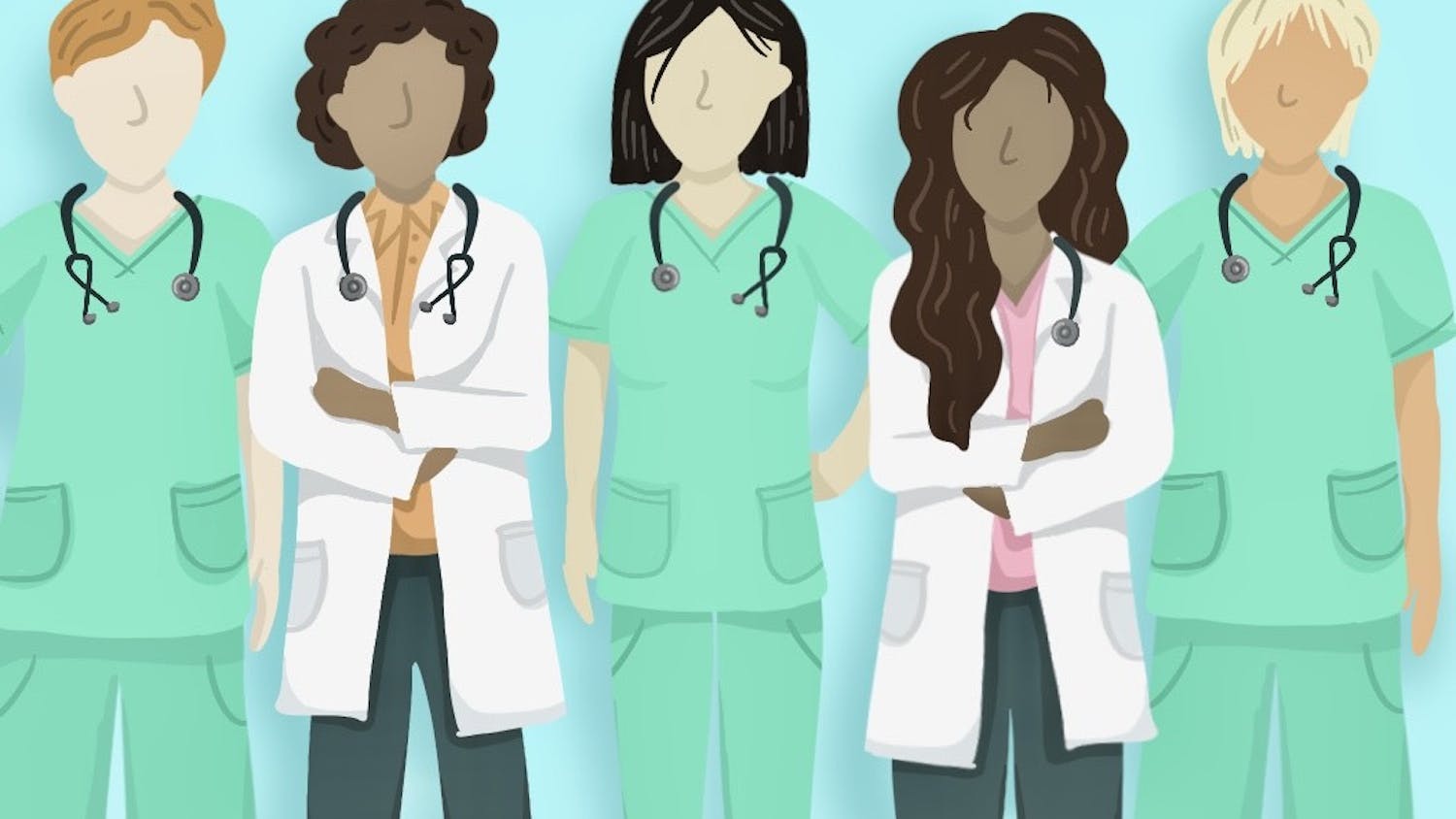Two UF research teams have received about $11.6 million to pinpoint the benefits of exercise.
UF was one of only a few organizations to receive two grants, announced in December, from the National Institute of Health to study the health benefits of exercise over a six-year period, said Karyn Esser, the associate program director for UF’s Institute of Myology.
One grant is for animal studies and the other for The Coordinating Center at UF, which will organize data from about 17 sites across the nation.
Researchers aim to know the exact science behind how exercise makes people healthier, Esser said.
“If we are active, we have a lower probability of certain kinds of cancers, like colon cancer or like breast cancer,” she said.
Researchers will study rodents going through endurance and resistance training, and they will collect blood and tissue samples for chemical analysis, she said. They will also study how rodents’ bodies react to exercising, such as changes in proteins, which help form muscles.
“The long term goal is saying ‘yes, we’re going to try to identify this molecule or factor that gets released that makes your whole system healthy,’” Esser said.
Dr. Marco Pahor, the director of the UF College of Medicine’s Institute on Aging, will oversee the research centers.
“This is a very complex study, which involves several disciplines and researchers and scientists from very different backgrounds,” Pahor said. “The major challenge is to coordinate and harmonize — synergize the efforts of all those people.”
Two UF research teams have received about $11.6 million to study exercise.
UF was one of only a few organizations to receive two grants, announced in December, from the National Institute of Health to study the health benefits of exercise for six years, said Karyn Esser, the associate program director for UF’s Institute of Myology. One grant is for animal studies and the other for The Coordinating Center at UF, which will organize data from about 17 sites across the nation.
Researchers aim to know the exact science behind how exercise makes people healthier, Esser said.
“If we are active, we have a lower probability of certain kinds of cancers, like colon cancer or like breast cancer,” she said.
Researchers will study rodents going through endurance and resistance training, and they will collect blood and tissue samples for chemical analysis, she said. They will also study how rodents’ bodies react to exercising, such as changes in proteins, which help form muscles.
“The long term goal is saying yes, we’re going to try to identify this molecule or factor that gets released that makes your whole system healthy,” Esser said.
Dr. Marco Pahor, the director of UF’s College of Medicine’s Institute on Aging, will oversee the research centers.
“This is a very complex study, which involves several disciplines and researchers, and scientists from very different backgrounds,” Pahor said. “The major challenge is to coordinate and harmonize — synergize the efforts of all those people.”





